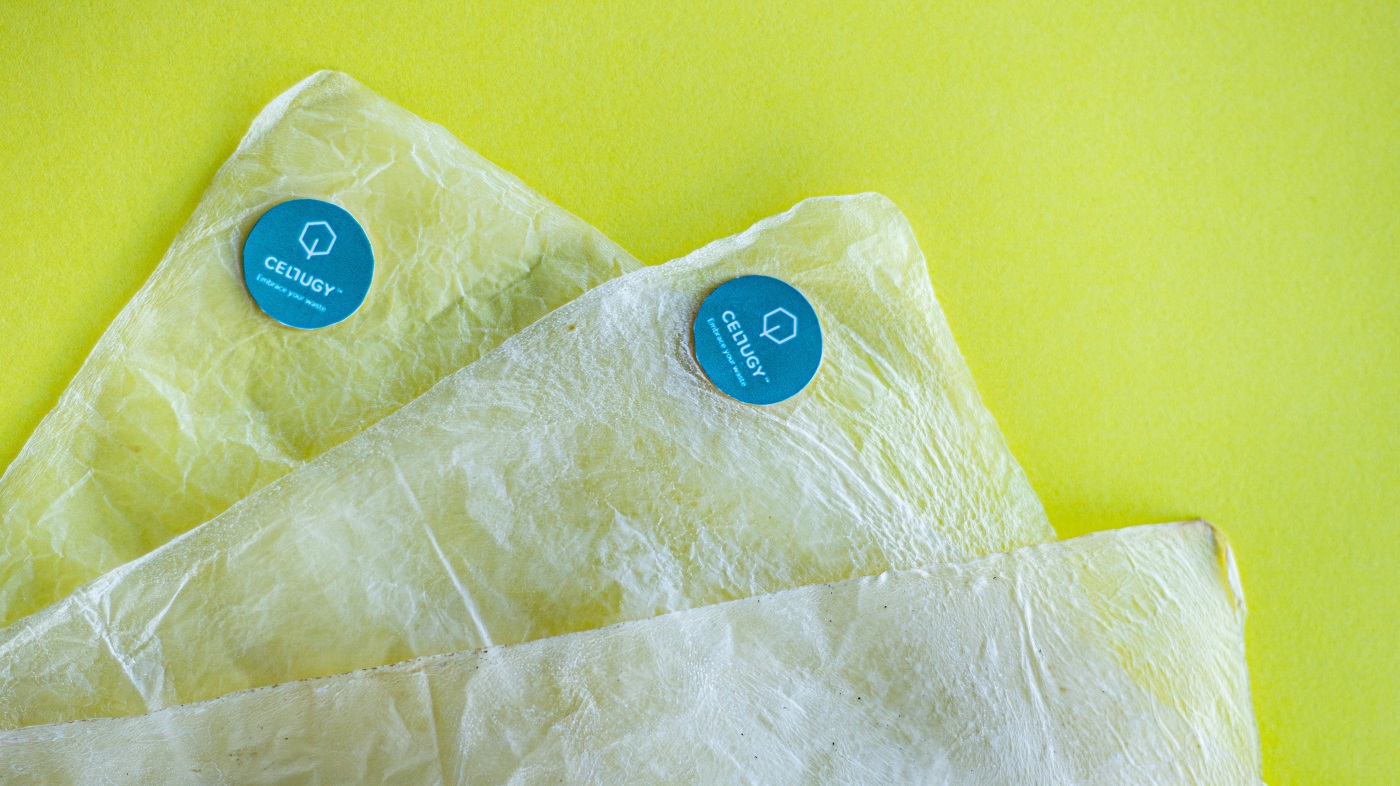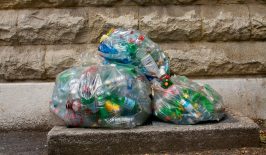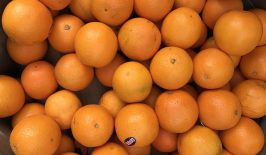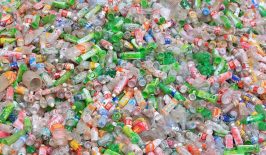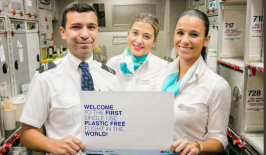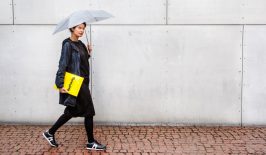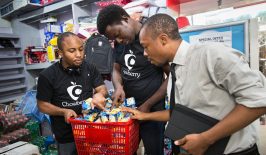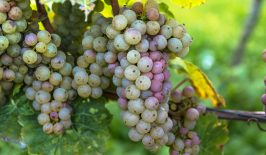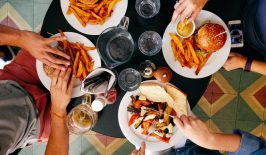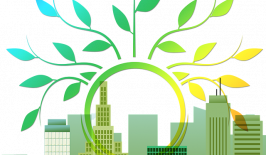Plastic waste is polluting the entire planet – the soil, water and even the air. And the problem is growing. In Europe in 2016, each person generated an average of 169.7 kg of packaging. An estimated 19 percent of that was plastic. And despite the decision to introduce a ban on one-use plastics in the EU, many millions of tonnes of plastic waste will probably continue to be generated. While some kinds of superfluous packaging – like cucumbers shrink-wrapped in plastic – can be fairly easily avoided, many products lack a real packaging alternative. For a long time, bioplastics were considered a good substitute for conventional plastics, but unfortunately, there too, there are also a number of drawbacks:
- Although bioplastics emits fewer GHGs than conventional plastic over their lifetime, fossil fuels such as petroleum and natural gas are consumed during the production and processing of bioplastics.
- Recycling plants cannot distinguish bioplastics from conventional plastics, meaning it often just ends up mixed together and not properly recycled.
- Plastics may be labelled as “bio” even though they are only partially made from raw plant materials, and also contain conventional petroleum-based plastic too.
- Producing bioplastics creates pollutants due to the fertilizers and pesticides used to grow the crops needed.
- Bioplastic production requires extensive land use and that land competes with food production because the crops that produce bioplastics can also be used to feed people.
- While the biodegradability of bioplastics is an advantage, most need high temperature industrial composting facilities to break down and very few cities have the infrastructure needed to deal with them.
- A lot of bioplastics are not bio-degradeable and behave in the environment just like conventional plastic, hanging around for a still unknown (but certainly very long) amount of time.
- They cost more to make than conventional plastics.
However, the Danish company Cellugy has now developed a bioplastic that is likely to be much more marketable than its predecessors. Unlike previous bioplastics, the EcoFLEXY is made from raw materials that, according to the company, come 100 per cent from vegetable waste from agriculture, e.g. fruit peel and pulp. In theory, all by-products from sugar-producing plants (such as corn starch, cassava and sugarcane) can be used to make bioplastics. Cellugy explained to RESET that unlike many bioplastic producers, they take great care to use agricultural by-products products, rather than raw materials that could be used for food instead.
The nanocellulose polymer, which forms the basis of this new bioplastic, is produced in a fermentation process in which microorganisms feed on plant waste. Since EcoFLEXY is water-repellent, transparent and resistant to temperature changes, it is well suited for food packaging. This means that customers could easily buy vegetables that are bioplastically packaged without having a guilty conscience. Since the bioplastic is also digestible, animals that come into contact with the bioplastic packaging would not be exposed to any health risks.
After use, the cellulose film can simply be disposed of on the compost or reused as fertilizer; it decomposes in soil at room temperature. Alternatively, according to the company, it can also be recycled in a closed cycle with minimal loss of material performance.
Cellugy claims that its manufacturing process costs the same as ordinary plastic packaging does. And that their manufacturing process produces only minimal waste, also making it more environmentally friendly overall. According to Cellugy, the entire production process reduces greenhouse gas emissions by up to 96 percent compared to conventional plastic packaging.
Cellugy is currently testing its bioplastic for packaging soap and cheese, among other things. They’re also working on another pilot project, working with a start-up that produces fruit snacks and recycling their organic waste into bioplastic packaging. The startup told RESET that it already has plans for scaling up its operations too, going from producing flexible plastic sheets from fruit and vegetable by-products to also creating hard plastic packaging too.
This is a translation of an original article that first appeared on RESET’s German-language site.
